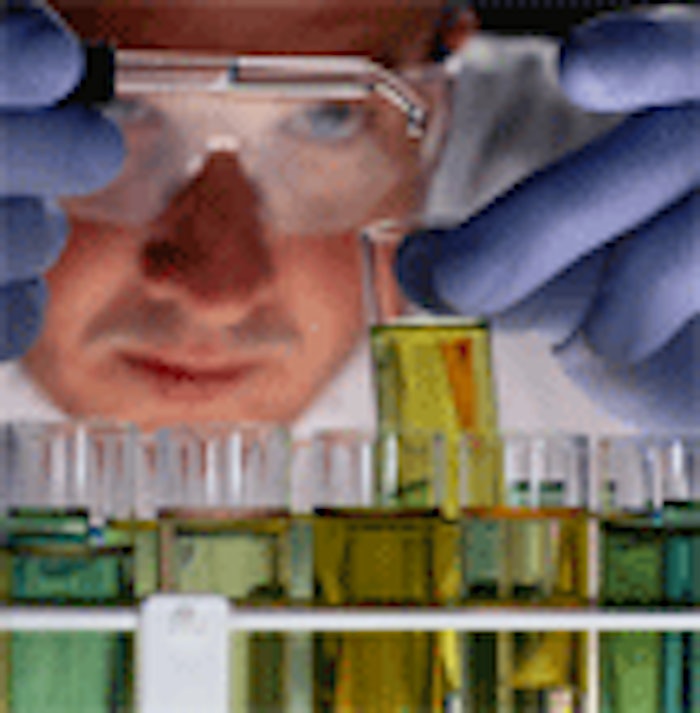
BASF and Harvard University’s Office of Technology Development (OTD) have agreed to jointly establish the BASF Advanced Research Initiative. While based at Harvard’s School of Engineering and Applied Sciences (SEAS), the initiative will benefit from having strong ties with departments and schools throughout the university.
The collaborative, integrated partnership among Harvard and BASF researchers represents a novel model for university-industry collaborations and is designed to foster a vibrant and dynamic intellectual exchange. BASF will provide direct funding to Harvard researchers, supporting initially 10 postdoctoral students. Total funding over the next five years is anticipated to be up to US$20 million.
Both parties plan to define and pursue projects in areas including, applied physics, physics, applied mathematics, chemical biology, systems biology, bioengineering, and materials science. If proof of concept is established in a research project, BASF will have the opportunity to further develop discoveries and innovations for possible commercialization.
Initial topics for investigation include:
- Targeting new and improved concepts to deliver active ingredient molecules to a specific place where they develop activity in a controlled manner. The active molecules will be combined with suitably structured polymer systems in the form of particles, crèmes, or powders. Such formulations have potential applications in pharmaceuticals, agrochemicals, cosmetics, food, and feed.
- Understanding the formation of biofilms (surface associated microbial communities) and deriving new strategies to inhibit or limit their growth by modifying surfaces and materials. The control and elimination of such microbes is critical for clinical and industrial settings.
- Exploring new chemical approaches to processes and materials like exploring carbon dioxide chemistry.
BASF’s Jens Rieger, PhD, scientific director of polymer research, and Harvard’s David Weitz, Mallinckrodt professor of physics and applied physics, and George Whitesides, Woodford L. and Ann A. Flowers, university professor, will direct the initiative. Rieger collaborates with Weitz and Whitesides to establish a broad-based research network composed of faculty and students in laboratories located throughout Harvard. Faculty investigators will have the freedom to distribute and publish any findings arising from the initiative's research efforts.










